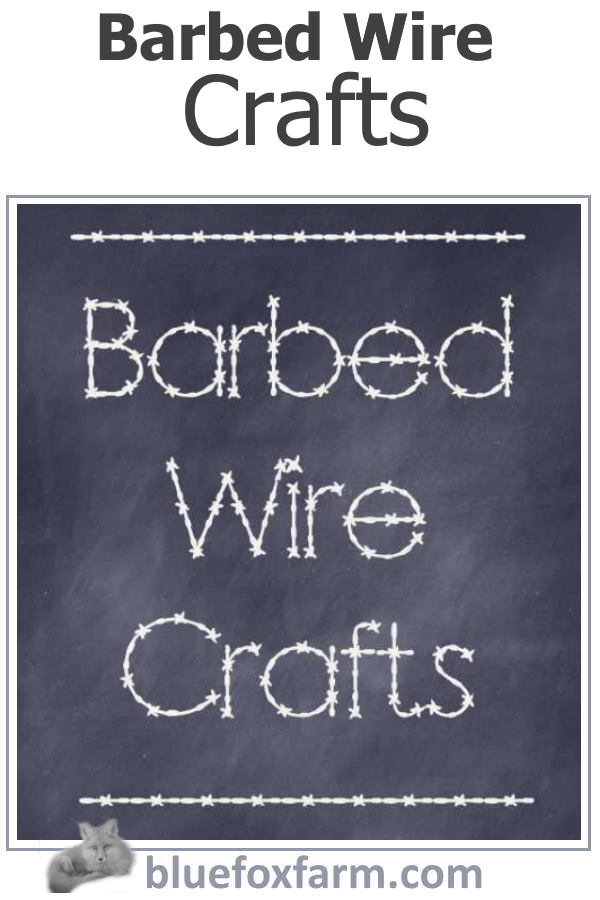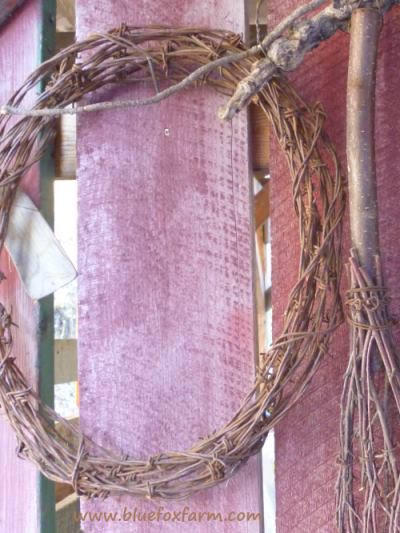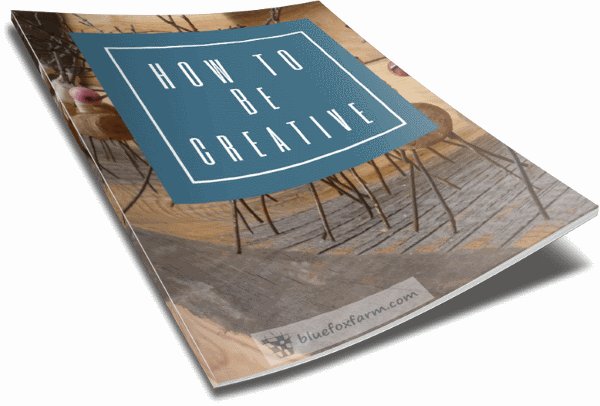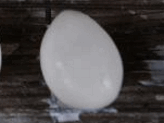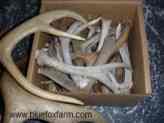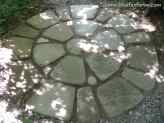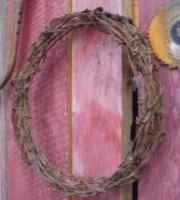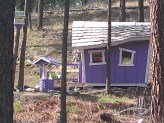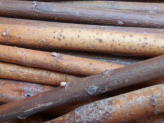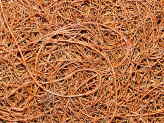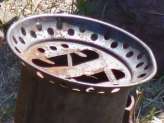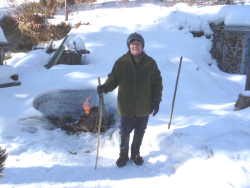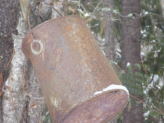Barbed Wire Crafts
Make Salvaged Barbed Wire into Rustic Western Crafts
With the invention of barbed wire in the late 1800’s, ranching in particular and the cattle industry as a whole was completely turned on its head.
Instead of cattle drives, and free ranging wild cows now the rancher could keep his cows closer to home, and give them much better care.
They weren’t too worried about the impact on wildlife, other humans or anything else; the bottom line was all that mattered.
Barbed wire was cheap, easy to install by untrained workers, and it worked.
Described by the Native American people as ‘The Devils Rope’, ‘The Thorny Fence’ or ‘Devils Hatband’ it became the most used type of fencing ever.
With no need for wood for rails, which was a boon to early settlers due to the fact that in many cases, the plains were treeless, the gardens and farms of the pioneers could be protected from roaming livestock.
The first patents for barbed wire were issued in 1868 up until 1875, and some of the names given to the new fencing material were unique and evocative - Shinn Locked Four Pint, Brotherton Flat Barb, Buckthorn and Baker Flat Barb.
With a long history of barbed wire use, now what were once lucrative cattle ranches have been turned into more diversified farms, sold off in parcels, or simply left to return to nature.
The original barb wire – called bob wire – was brutal. Long spurs spaced closely together could rip the hide right off a Texas long horned bull and heaven help a horse that got tangled up in it.
Over the long history of barbed wire, it’s evolved but not much. Still painful to handle and install, it’s now being replaced by kinder types of wire like high tensile fencing.
This leaves a lot of old barbed wire out there.
Barb wire crafts are made from rusty barbed wire, salvaged from farms and ranches, or in some cases, new barb wire is artificially aged. See the page on making metal look old for more on how to artificially age your new and shiny barbed wire.
There is miniature barbed wire too. Some of the most effective barbed wire crafts are wreaths both unadorned and simple, or with tin cut out shapes in cowboy or lone star décor themes. Many unintended barb wire wreaths hang in barns all over North America, just waiting to be found and salvaged.
Some ways to use Barbed Wire in your Crafts,
- Barbed wire stems for roses – make the rose out of thin metal snipped into the shape of petals, and make some leaves the same way.
- Barbed wire balls
- Barbed wire Picture Frame - imagine rusty barb wire framing some rustic wall decor for an authentic country look.
- Barbed wire Angels
- Barbed wire Stars
Learn what it takes to be creative - we all have the gene but how do we develop it? Get the free guide!
Fill in the form below for your copy;
(Don't be disappointed - use an email address that will accept the free download - some .aol email addresses won't.
If you don't see your download within a few minutes, try again with another email address - sorry for the bother.)
